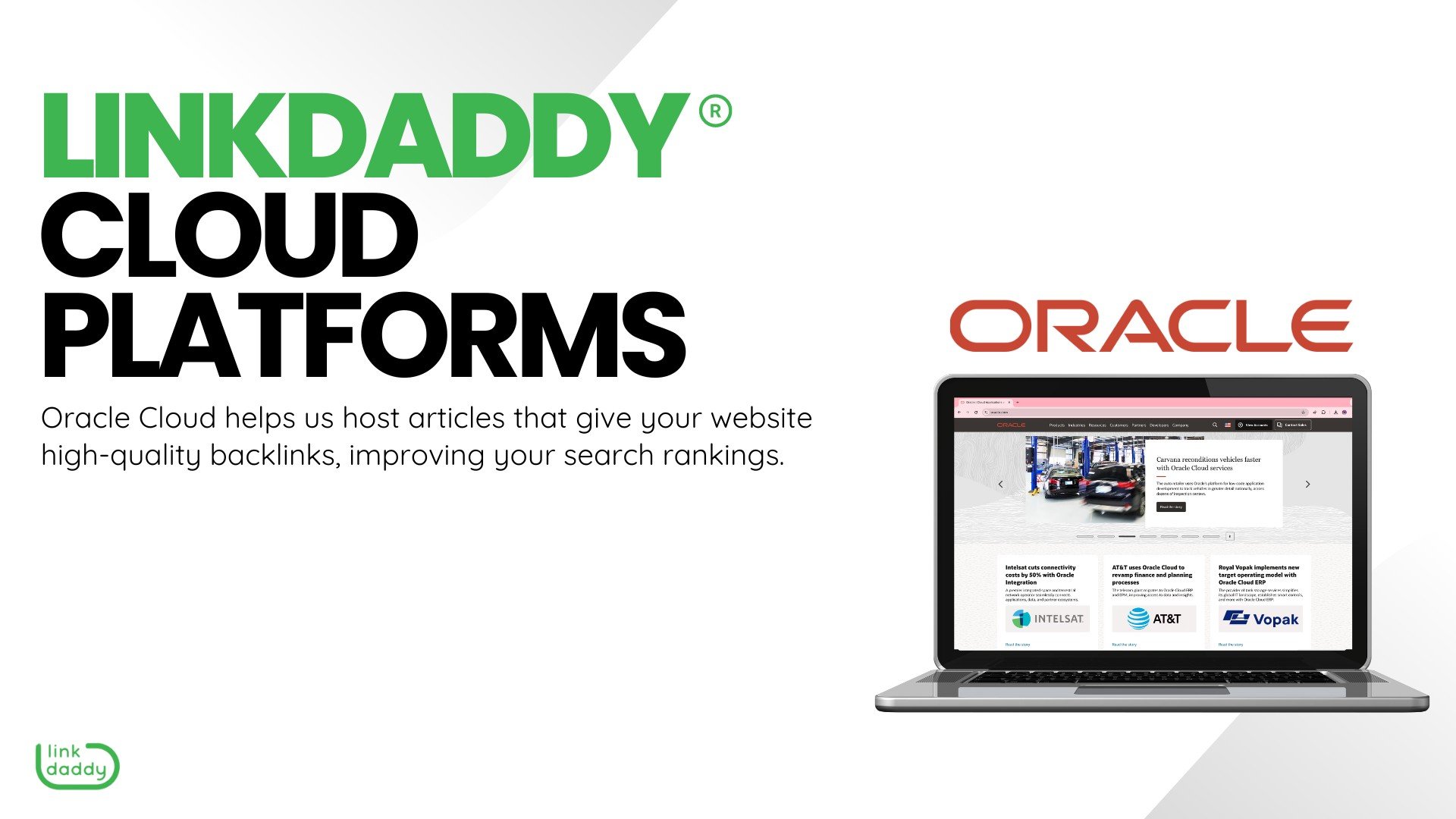Recognizing the Different Types of Cloud Services and Their Uses
From Facilities as a Solution (IaaS) to Software as a Service (SaaS), each type of cloud solution offers an one-of-a-kind purpose and offers distinctive advantages. By discovering the nuanced functionalities and applications of each cloud service, one can browse the complexities of cloud computing with accuracy and insight.
Framework as a Solution (IaaS)
Facilities as a Service (IaaS) offers individuals with virtualized computer resources online on a pay-as-you-go basis. This cloud computing model delivers essential IT framework such as online makers, storage, and networking without the need for companies to spend in and handle physical web servers and data centers. With IaaS, users can scale sources up or down based on their requirements, using adaptability and cost-efficiency.
One of the key advantages of IaaS is its capability to rapidly stipulation and deploy infrastructure parts, allowing companies to respond promptly to altering needs and market problems. By outsourcing framework monitoring to the service provider, organizations can concentrate much more on their core business tasks instead of managing the complexities of hardware upkeep and upgrades.
Furthermore, IaaS offers a high level of reliability and security, with companies usually providing durable information backup, calamity recovery, and cybersecurity measures. This assists make sure that crucial business operations continue to be continuous and information stays protected against possible threats. linkdaddy cloud services press release. Overall, Facilities as a Solution streamlines IT operations, improves scalability, and lowers capital expenses for companies of all dimensions
System as a Service (PaaS)
Building upon the structure of Framework as a Solution (IaaS), System as a Solution (PaaS) offers an extensive environment for designers to produce, deploy, and handle applications without the complexities of underlying infrastructure management. PaaS gives a platform with tools and services that streamline the development process, permitting programmers to concentrate on writing code and building applications instead of handling facilities worries.

Software Program as a Service (SaaS)
Software Program as a Service (SaaS) changes the method services gain access to and make use of software application applications by supplying them on a membership basis through cloud companies. This cloud computing version eliminates the requirement for companies to maintain and set up software on specific devices, as every little thing is hosted and handled centrally in the cloud.
SaaS gives an economical solution for organizations as they only spend for the software program they use without the included expenditures of hardware maintenance or software updates. It likewise supplies scalability, allowing companies to quickly readjust their software program requirements based upon their needs.
Additionally, SaaS applications can be accessed from any kind of device with a web link, advertising cooperation and flexibility among remote teams. Safety and security is a top priority in SaaS, with carriers implementing durable procedures to shield information kept in the cloud.
Popular instances of SaaS include consumer partnership monitoring (CRM) software like Salesforce, productivity devices like Microsoft Workplace 365, and cooperation platforms like Google Work area. SaaS continues to acquire traction in the organization globe because of its benefit, scalability, and cost-efficiency.
Feature as a Solution (FaaS)
With the advancement of cloud solutions like Software application as a Service (SaaS) improving software application delivery, Feature as a Service Recommended Site (FaaS) represents a standard change in exactly how code is performed in a serverless environment. FaaS allows programmers to create and carry out private functions or items of code in action to particular occasions without the requirement to manage the infrastructure. This serverless computing version makes it possible for programmers to focus entirely on composing code to execute details functionalities, without worrying themselves with the underlying facilities or web server monitoring.
Functions moved here are carried out in stateless containers that are rotated up and down as needed, making sure ideal source usage and cost-effectiveness. By abstracting the facilities layer, FaaS streamlines development, accelerates time to market, and improves total agility in deploying cloud-native applications.
Storage Space as a Solution (STaaS)
A fundamental component in cloud computer, Storage as a Solution (STaaS) provides individuals with a scalable and reliable service for handling information storage demands. STaaS permits companies to store and obtain information from remote web servers via the internet, removing the demand for on-premises equipment. This service provides adaptability by allowing customers to pay only for the storage they make use of, making it an economical remedy for services of all dimensions.

STaaS is particularly useful for services with varying storage space demands, as it provides a reliable and safe and secure storage remedy without the need for substantial in advance investments. By leveraging STaaS, companies can improve their data administration processes, boost ease of access, and enhance information safety in an inexpensive way.

Conclusion
In verdict, understanding the different types of cloud services and their uses is crucial for companies and individuals looking to utilize the advantages of cloud computer. By making use of the appropriate cloud solution, companies can enhance their efficiency, scalability, and flexibility in managing their IT infrastructure and applications.
From Infrastructure as a Service (IaaS) to Software Application as a Solution (SaaS), each kind of cloud solution offers a special function and gives distinctive benefits. cloud services press release. By discovering the nuanced capabilities and applications of each cloud solution, one can browse the intricacies of cloud computer Check This Out with precision and foresight
With the evolution of cloud solutions like Software program as a Solution (SaaS) simplifying software program distribution, Feature as a Solution (FaaS) stands for a paradigm shift in exactly how code is executed in a serverless environment.In conclusion, comprehending the different kinds of cloud services and their uses is essential for people and services looking to take advantage of the benefits of cloud computer. By using the right cloud solution, organizations can enhance their efficiency, scalability, and versatility in handling their IT facilities and applications.